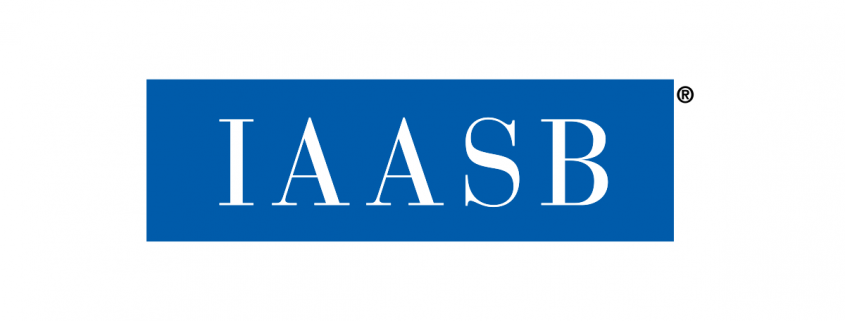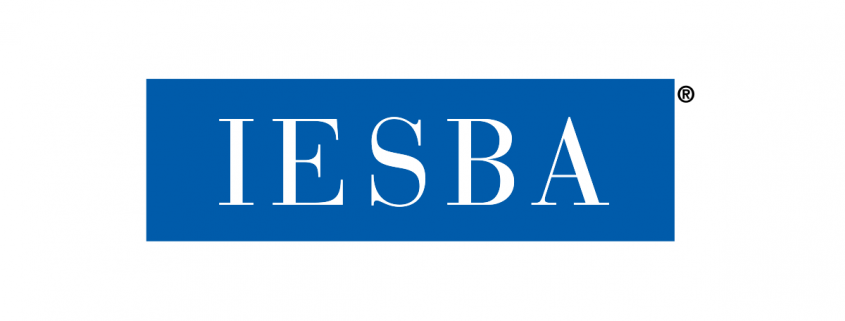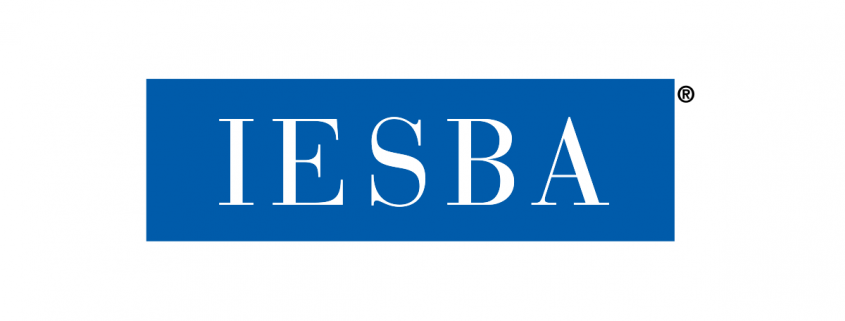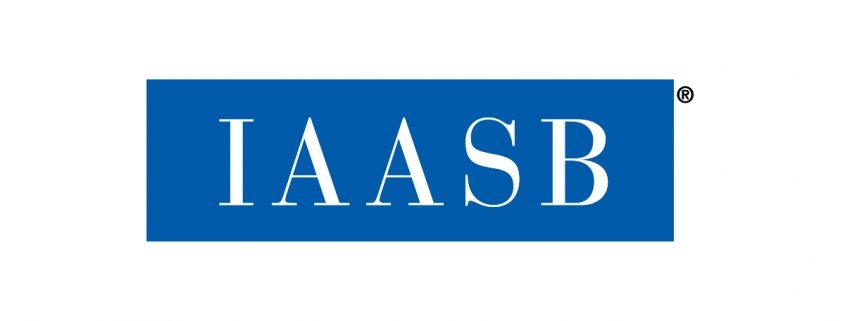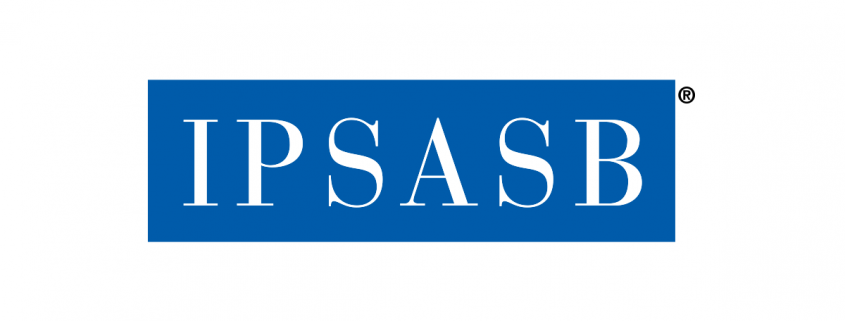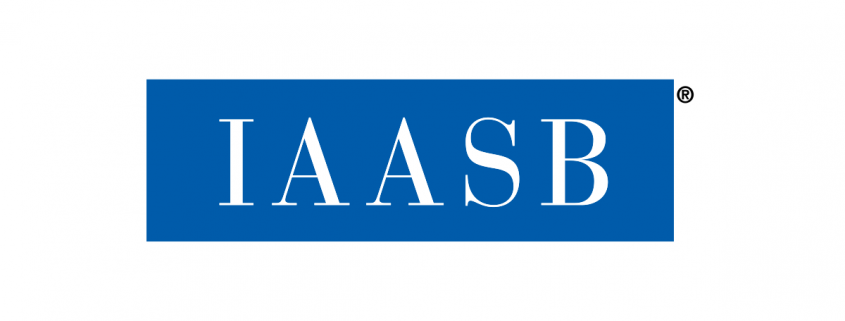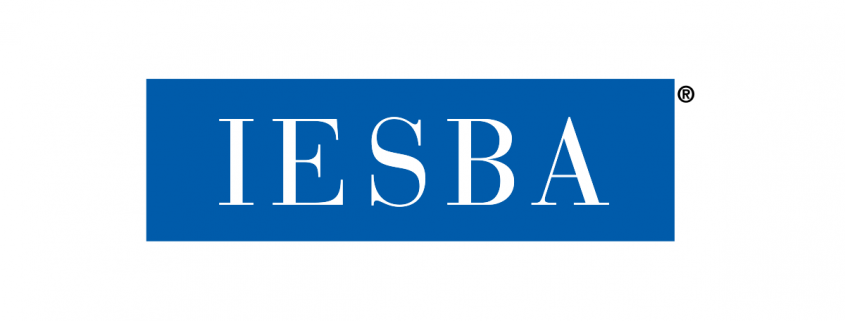Executing the Board’s Governance Responsibility for Integrated Reporting
Boards of directors need to oversee multiple internal assurance activities across organizations in discharging their responsibilities for the integrity of integrated reporting. A key feature of integrated reporting is the board of directors’ responsibility for the integrity of the integrated report and underling reporting process. Executing the Board’s Governance Responsibility for Integrated Reporting is the…


